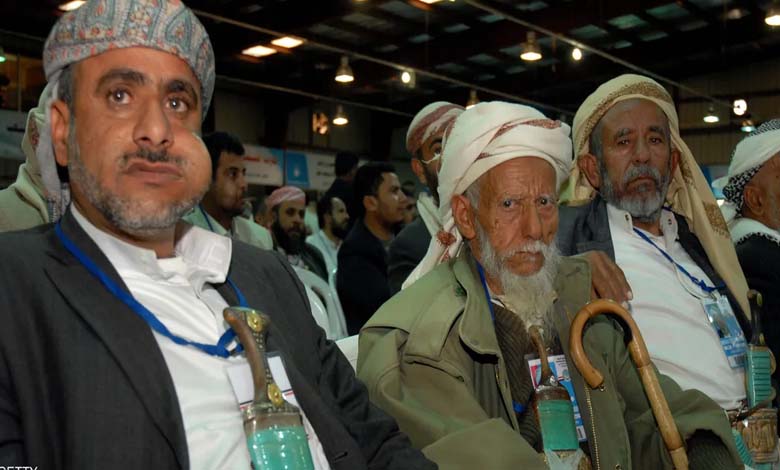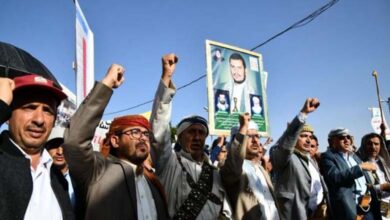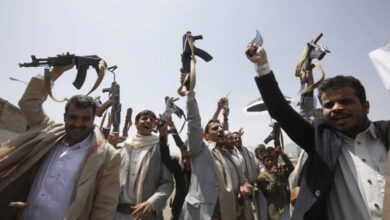Yemen: Brotherhood Leaders Manipulate Oil Resources for the Benefit of the Group

The Yemeni website “Al-Omana” reported on the ongoing influence of the leaders of the Islah Party, the political arm of the Muslim Brotherhood in Yemen, in sensitive positions within the legitimate government. The case of Shouki Al-Mokhlafi, the Deputy Minister of Oil and Minerals, stands as an example of administrative corruption and manipulation of national resources for the benefit of the group.
-
Corruption of the Muslim Brotherhood in Yemen… Embezzlement, Extortion, and Trading in People’s Needs
-
Against the backdrop of this decision… The Muslim Brotherhood attacks the Yemeni state
The website pointed out that Al-Mokhlafi was appointed to his position in 2013 under direct pressure from the Brotherhood leader Hamid Al-Ahmar, despite not holding a university degree. According to sources, Al-Mokhlafi admitted to then-Prime Minister Mohammed Salem Basendwa that he did not have a university degree, only mentioning that he had attended 20 training courses.
Al-Mokhlafi is accused of facilitating dozens of oil deals for companies affiliated with Brotherhood leaders. Additionally, he owns a large number of trucks that transport domestic gas in Taiz Governorate, supplied with gas shipments from Marib in collaboration with his relative, Abdulqawi Al-Mokhlafi, the First Deputy of Taiz Governorate. This arrangement generates significant profits for them through illegal means.
-
In Yemen, a Brotherhood leader incites against women’s organizations… Details
-
Yemeni Presidency Determined to Confront Corrupt Military Brigades Affiliated with the Muslim Brotherhood
In 2017, leaked documents revealed directives from Vice President Ali Mohsen Al-Ahmar and Minister of Civil Service Abdulaziz Jabari, ordering the transfer of Al-Mokhlafi’s salary to Safer Company and the payment of his dues despite his salary being suspended by the Houthis. The documents confirm that Al-Mokhlafi used his influence to ensure the continuation of his financial privileges through unlawful means.
According to “Al-Amanah,” since 2012, the oil sector has witnessed widespread “Brotherhoodization,” with the Islah Party seeking to control Safer, Yemen’s largest oil company. Brotherhood figures were appointed to sensitive positions within the company, including Adel Al-Heijina, who is accused of financing terrorist activities and sending recruits to Libya and Syria.
-
Yemeni Report Exposes Muslim Brotherhood Plot to Plunder Southern Wealth via Shabwa: Details
-
Death Threats against Yemeni Journalist for Exposing the Brotherhood’s Terrorism… Details
Despite the changing successive governments in Yemen, figures linked to former Vice President Ali Mohsen Al-Ahmar and Brotherhood leader Hamid Al-Ahmar continue to dominate sensitive positions in the state, particularly in the financial and oil sectors. The persistence of these figures in their positions reflects the deep penetration of the Brotherhood in legitimate institutions, hindering any real reform efforts or radical restructuring of state institutions.
Amid increasing concerns over the Islah Party’s exploitation of oil resources to fund extremist groups, calls are growing for holding corrupt leadership within the Yemeni legitimacy accountable and cleansing sovereign institutions of individuals involved in corruption. This is seen as essential to ensure the proper use of national resources for Yemen’s reconstruction and development.












